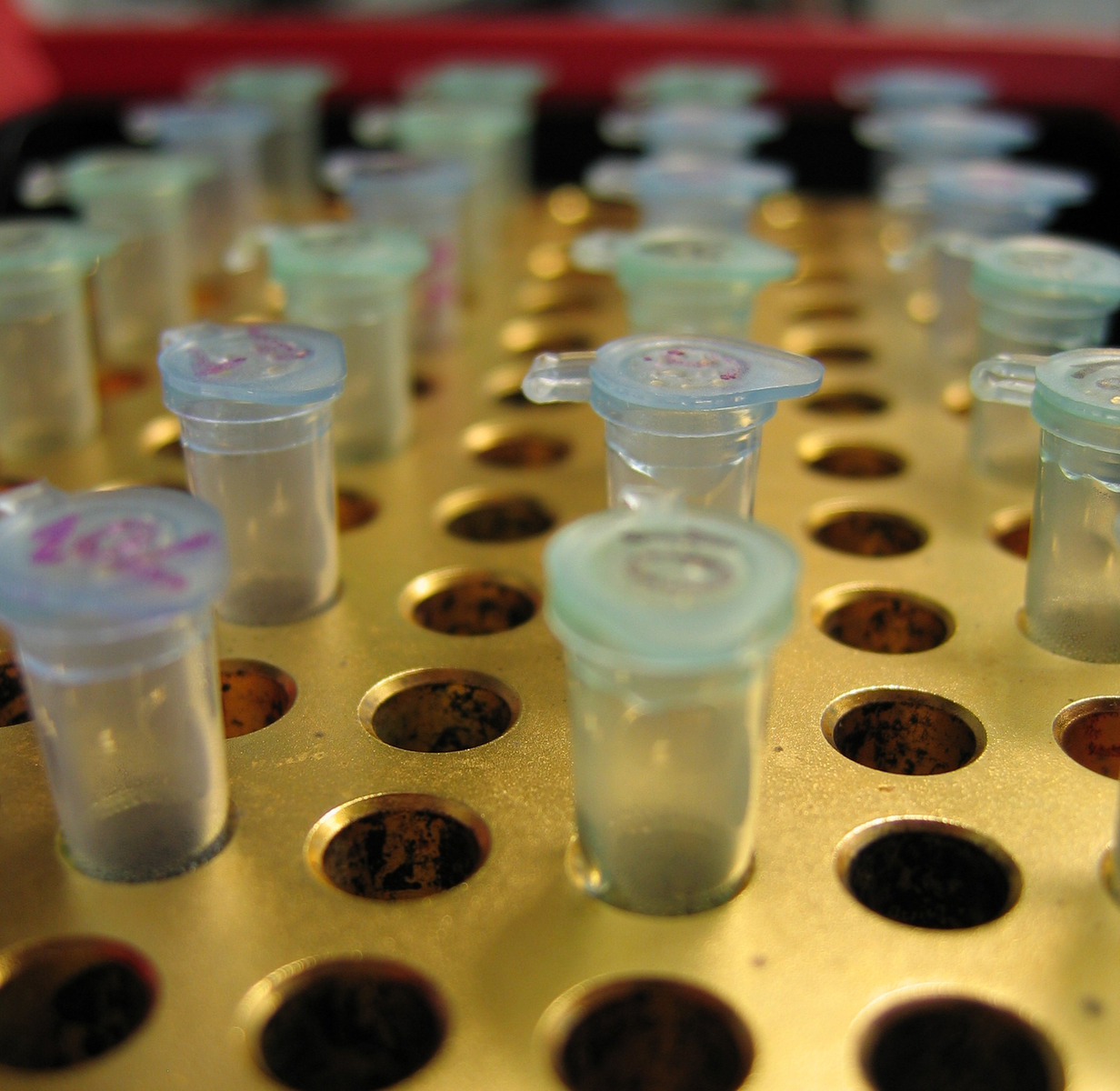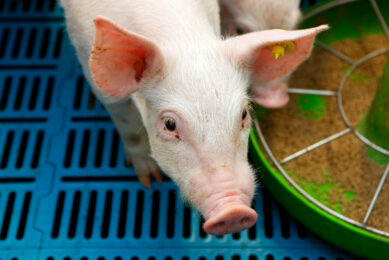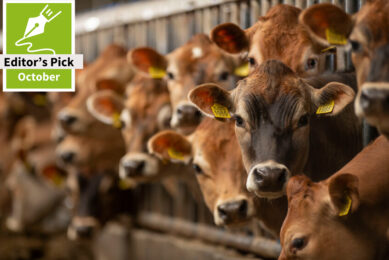Development of new in-feed probiotics is one step closer

Different strains from the same bacteria species can show different probiotic effects in an animal, work from Dr Steven Frese at the University of Nebraska has shown.
Frese looked at the evolution of the host-microflora interaction. He also examined at the importance of bacteria strain specificity, which could help select tailored probiotic strains that have a beneficial effect for the animal.
Host specific strains
In his research, Frese used Lactobacillus reuteri -a digestive commensal bacteria – as a model of microflora-host relationships. It was shown that L. reuteri were host specific (only L. reuteri strains isolated from rodent were able to colonise rodent gut). Looking at the molecular basis undelaying this host specificity, Frese found that L. reuteri strains isolated from different animal species expressed host-specific genes, some of which were responsible for microbe attachment to the host gut surface. This was the first time that host-specificity of a vertebrate gut symbiont and associated genomics features were demonstrated.
Different strains, different features
These findings were then harnessed to screen probiotic strains with optimal persistence and colonisation features in humans. Frese also showed how different strains from the same species exhibited different probiotic features. The potential to produce the antimicrobial compound reuterin for example varies greatly between strains. All these characteristics (host origin, as well as biological activities and features) should be taken into account when searching for novel probiotics.
Awarded for research
This fundamental research work illustrates the importance of strain specificity, and could help select tailored probiotic strains able to colonise and persist in the host gut with desired outcomes (e.g. antimicrobial and anti-inflammatory effects). For this research, Frese received the Jules Tournut Probiotics Prize 2014, which was awarded by the European Probiotic Association (EPA) during the recently held EuroTier.











